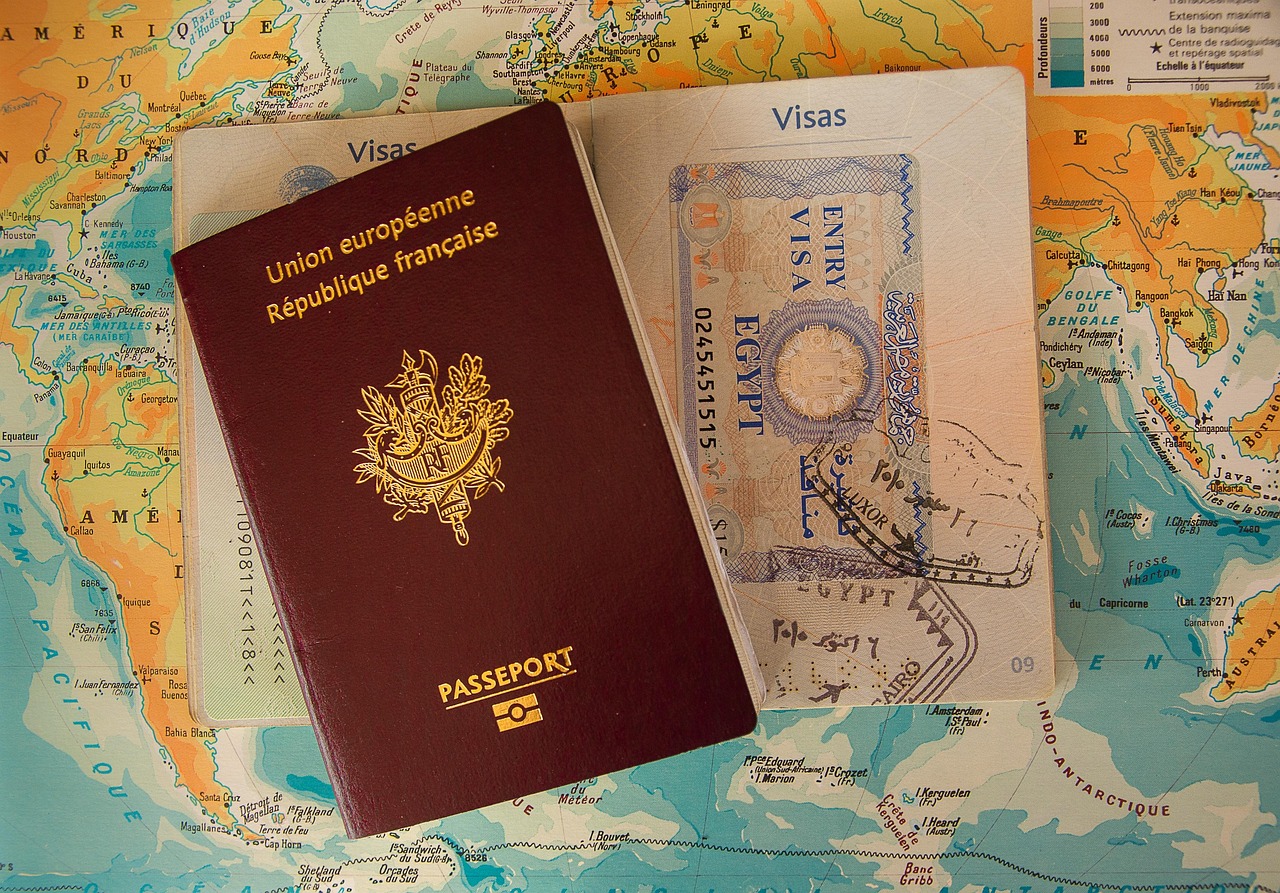Introduction
For international student families, one of the biggest concerns isn’t just getting the degree —
👉 It’s what happens AFTER graduation.
- Can my child stay and work?
- Will there be job opportunities?
- What work permits are available?
- Can post-study work experience lead to migration options?
✅ The good news: Southeast Asia offers international students increasingly strong post-graduation work opportunities — far better than most parents realize.
In this article, we’ll break down how post-study work opportunities function in Malaysia, Singapore & Thailand — and how your child can maximize these pathways for global career growth and even long-term residency.
1️⃣ Why Post-Study Work Experience Is So Valuable
✅ Post-study work years give students:
- Professional job experience
- Industry certifications
- Global CV building
- Better future salary offers
- Migration eligibility points
- Sponsorship opportunities for permanent residency
🔎 Without post-study work rights, many international students are forced to return home immediately — this is where Southeast Asia offers an advantage.
2️⃣ Malaysia: Post-Graduation Work Pathways
✅ Malaysia is rapidly expanding its post-study work policies to retain top international graduates.
Primary Work Permits Available:
| Permit Type | Who Can Apply |
| Employment Pass (EP) | Degree holders with job offers in skilled sectors |
| Professional Visit Pass | Industry training & internship extensions |
| Residence Pass – Talent (RP-T) | High-skilled foreign professionals after employment |
Key Industries Hiring International Graduates:
- Oil & Gas (Shell, Petronas)
- IT & Cybersecurity (HP, IBM, Dell)
- Finance (HSBC, Maybank, Citi)
- Engineering (Intel, Schlumberger, Panasonic)
- Healthcare (private hospitals, research labs)
How Work Leads to Migration:
- After 3–5 years of professional work, graduates may qualify for long-term permits or sponsored relocation to Singapore, Gulf countries, or global HQ transfers.
3️⃣ Singapore: One of Asia’s Strongest Post-Study Job Markets
✅ Singapore remains Southeast Asia’s global career launchpad due to:
- Strong economy
- Multinational headquarters
- Employer demand for skilled international graduates
Primary Work Permits Available:
| Permit Type | Key Features |
| Employment Pass (EP) | Skilled professionals earning SGD 5,000+ monthly |
| S-Pass | Mid-level technical staff |
| Long-Term Visit Pass | For dependents after securing jobs |
| EntrePass | For entrepreneurs launching businesses |
Top Industries Hiring Foreign Graduates:
- Banking (Standard Chartered, DBS, Citi)
- Tech (Google, Meta, AWS, Microsoft)
- Biomedical (GlaxoSmithKline, Novartis)
- Consulting (Accenture, McKinsey, EY)
- Logistics & Shipping (PSA, DHL, FedEx)
Pathway to Permanent Residency:
- Work for 2–3 years → Employer support → Apply for Singapore PR
- PR status leads to long-term career, housing, and family migration benefits
🔎 Many Malaysia or Thailand graduates relocate to Singapore for higher salary packages after gaining initial work experience.
4️⃣ Thailand: Expanding Career & Startup Visas
✅ Thailand’s global business expansion is creating more post-study work pathways, especially for targeted sectors.
Primary Work Permits Available:
| Program | Eligibility |
| SMART Visa | STEM professionals, investors, and entrepreneurs |
| Work Permit | Traditional employment contracts |
| BOI (Board of Investment) Visa | For foreign investors & specialists |
Sectors With Strong Hiring Demand:
- Hospitality & Tourism Management
- Healthcare & Medical Research
- Renewable Energy
- Digital Technology
- Engineering (infrastructure, construction, manufacturing)
How Thailand Becomes a Career Springboard:
- Build career experience → Move into ASEAN regional offices → Migrate to higher salary markets like Singapore, UAE, Australia.
5️⃣ Multinational Internal Transfers After Post-Study Work
✅ Many international graduates use regional MNC experience as a gateway to global relocation:
- Start work in Malaysia/Singapore/Thailand office
- Build 2–3 years of company experience
- Receive transfer to Canada, US, UK, Europe, or Australia via corporate sponsorship
🔎 This “internal migration” pathway is one of the most reliable long-term global career systems.
6️⃣ Why South Asia’s Post-Study Work Is Becoming Highly Attractive
| Factor | SEA Advantage |
| Work Permit Availability | Growing, employer-driven |
| Salary Progression | Faster than many home countries |
| Global Company Access | Regional HQ recruitment pipelines |
| Cost of Living | Lower while building savings |
| Migration Flexibility | Multiple regional/global relocation pathways after work |
7️⃣ Common Parent Misconceptions (And The Reality)
| Parent Fear | Actual Reality |
| “Will my child find a job?” | SA has growing demand for foreign graduates with proper degrees & soft skills. |
| “Will they have to return home immediately?” | Multiple post-study visa pathways allow staying 1–5 years after graduation. |
| “Is there long-term career growth?” | SA work experience unlocks global transfer opportunities faster than many Western-only graduates. |
Conclusion
Post-graduation work experience is the most valuable phase of international education — and Southeast Asia allows your child to fully access it.
Unlike many Western countries with highly restricted work visas, Malaysia, Singapore & Thailand are quietly becoming global job market gateways — providing real work experience, global employer access, and multiple relocation opportunities for career expansion.
✅ At Sigma Education, we don’t just focus on admissions —
👉 We design full study-to-work-to-residency career roadmaps.
✅ Want to build your child’s full post-study career plan?
Book your FREE Post-Graduation Work Strategy Session with Sigma Education today.



